Cybercultural chronicles internet history and its cultural impact, from the pre-web era to the dot-com boom, Web 2.0, and beyond. Written by pioneering tech blogger Richard MacManus.
-
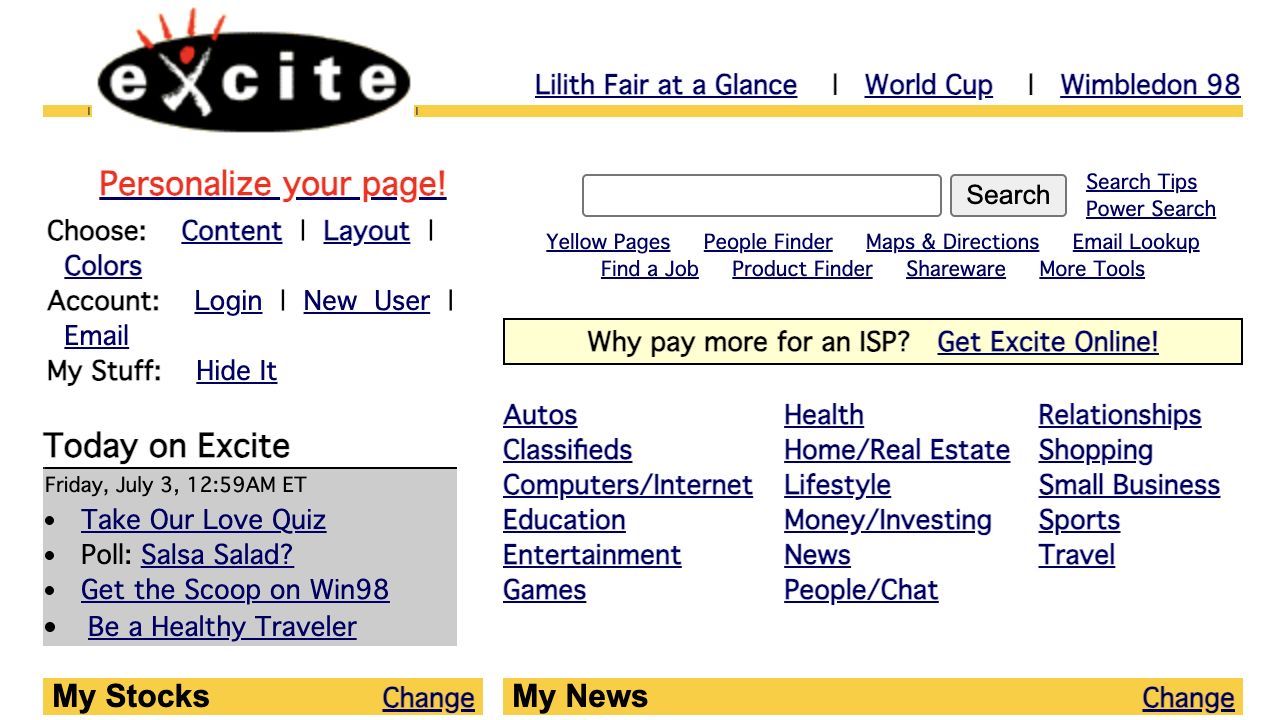
Portals in 1998: The Rise and Fall of Excite and Netcenter
1998 was the year of the portal: Excite, Netscape Netcenter, Yahoo, AOL, MSN and others all competing for eyeballs and trying to be sticky. But with so many portals, some inevitably failed.
-
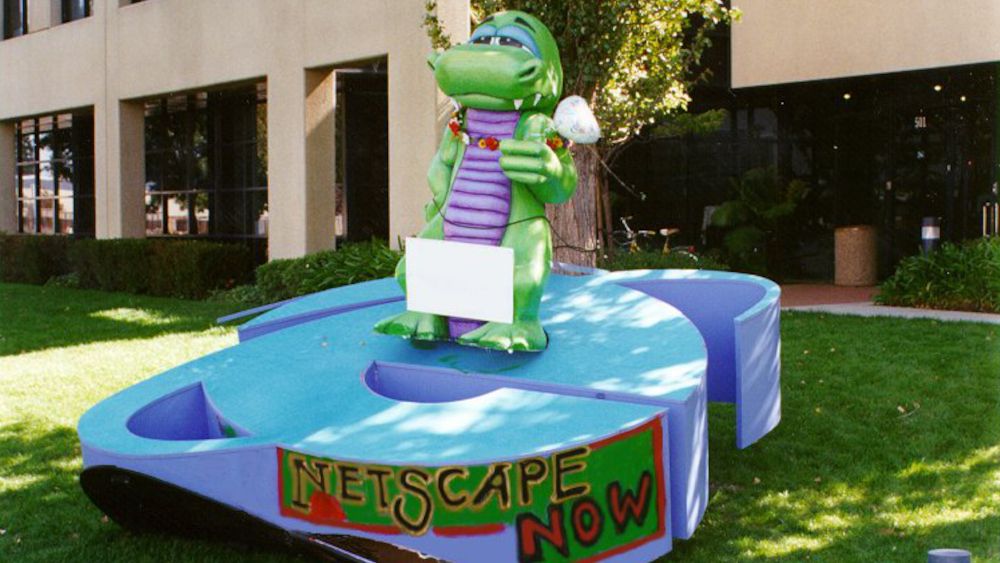
What the Internet Was Like in 1997
In 1997, the first browser war began amid new internet trends like 'push' and DHTML. Meanwhile, instant messaging apps like ICQ and AIM became popular and GeoCities achieved 1 million users.
-
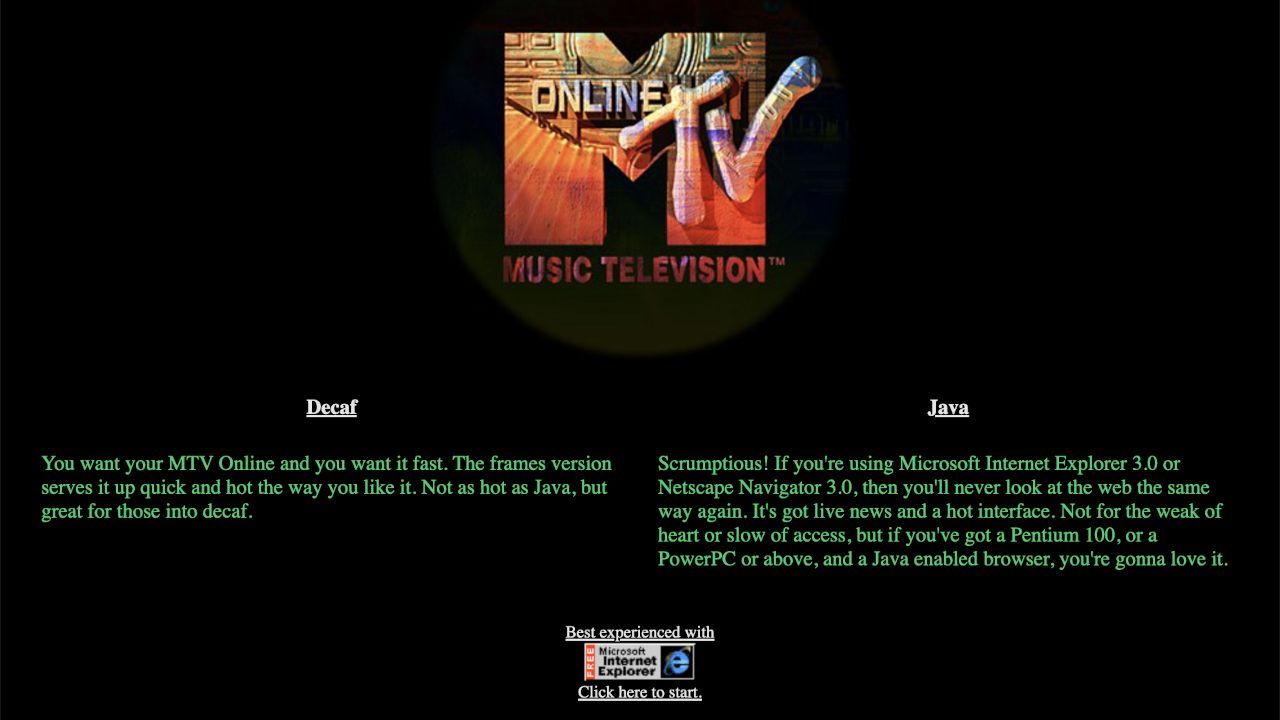
Best Experienced With: MTV.com and the 90s Browser War
MTV's website in 1997 was a hodgepodge of technologies: Java, JavaScript, frames and more. The quality of your user experience depended on which browser you used: Netscape or IE.
-
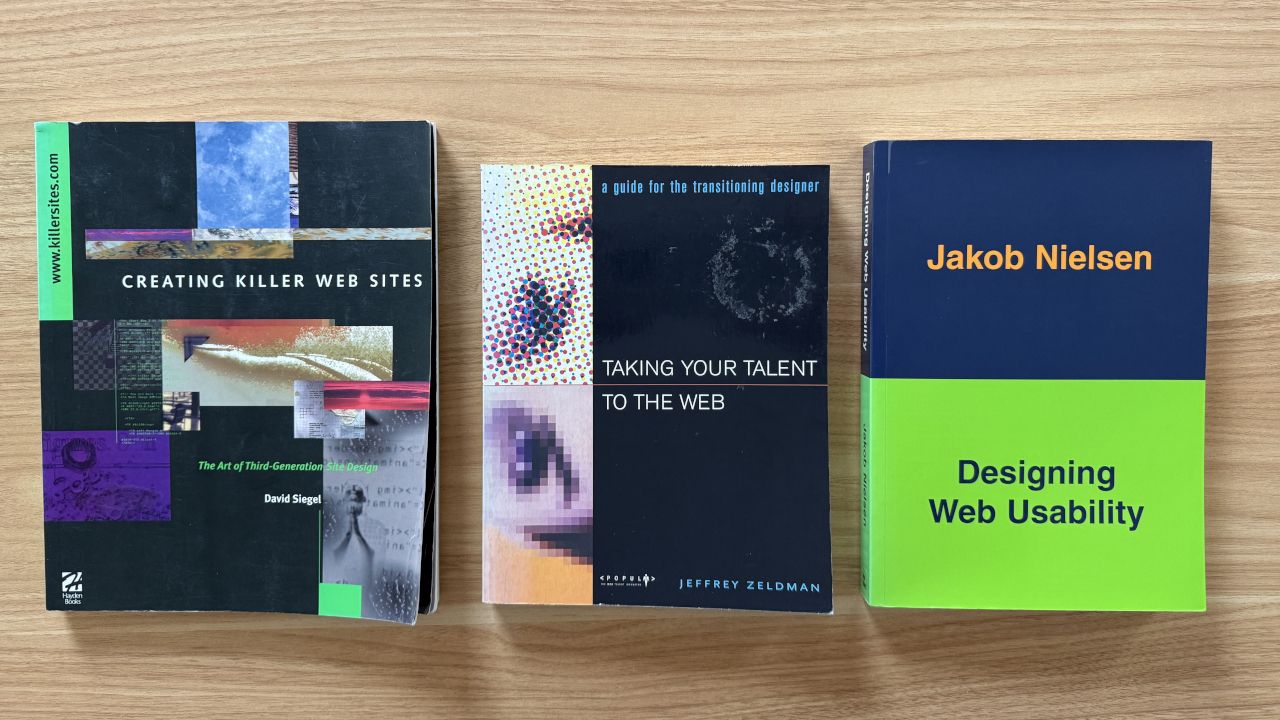
The 3 Gurus of 90s Web Design: Zeldman, Siegel, Nielsen
With the rise of Flash and CSS in 1997, three web design philosophies emerged. David Siegel advocated for 'hacks', Jakob Nielsen kept it simple, while Jeffrey Zeldman combined flair with usability.
-
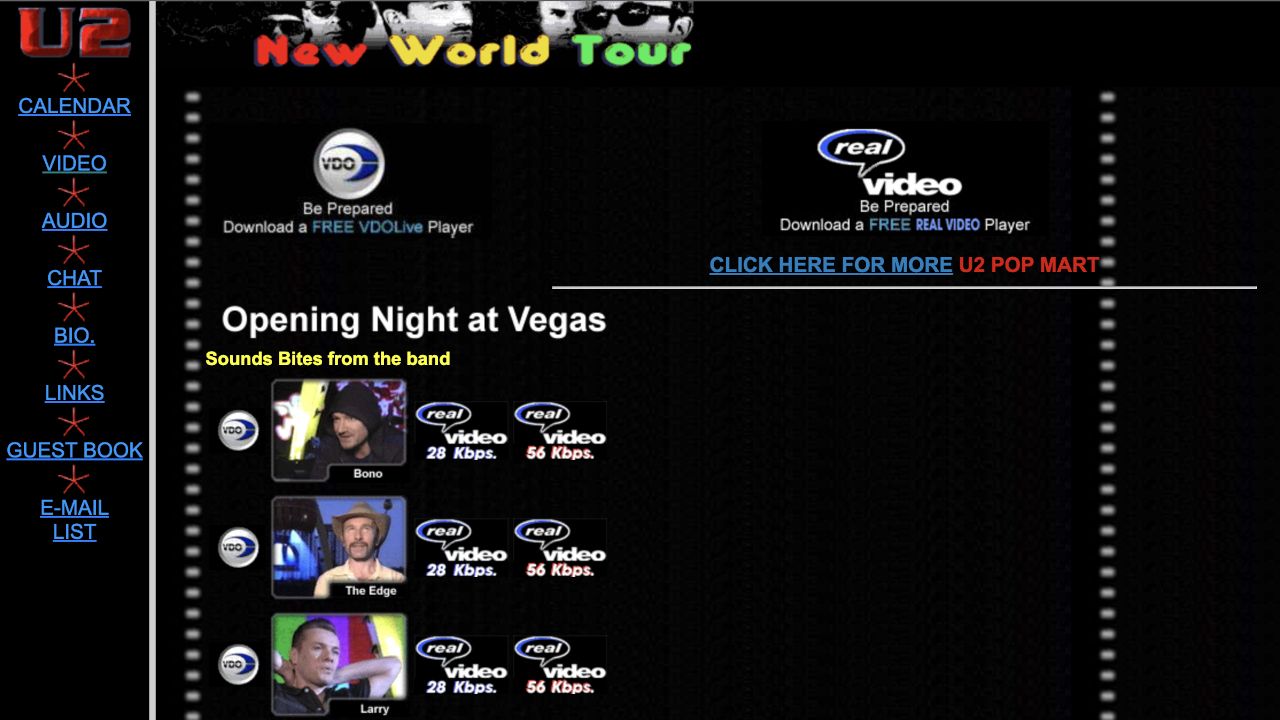
The Age of Buffering: Video Streaming and Webcasts in 1997
During 1997, video streaming came to web browsers through plug-ins like RealVideo, VDOLive and Microsoft's NetShow. David Bowie even attempted to 'cybercast' one of his concerts that year.
-
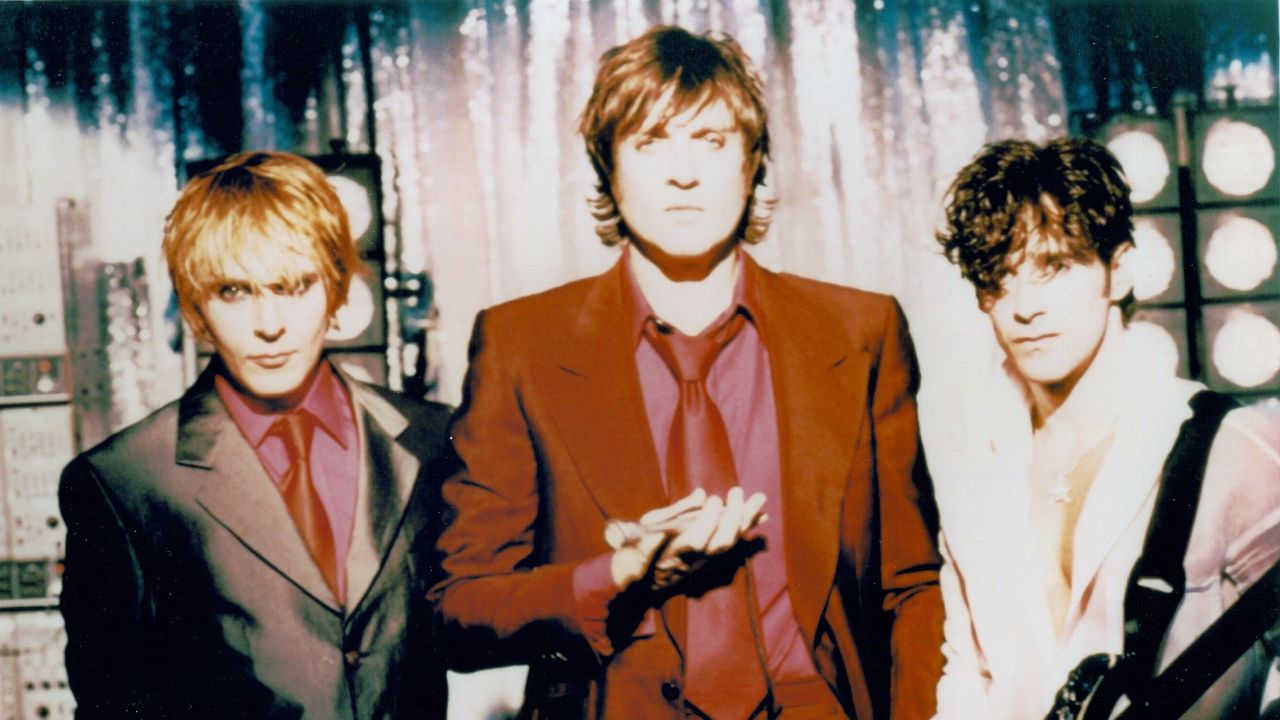
Duran Duran and the Dawn of Digital Music Sales in 1997
In July 1997, N2K and Liquid Audio announced a way to sell digital songs online for 99 cents a pop. Soon after, Duran Duran became the first major label artist to release an online single for sale.
-
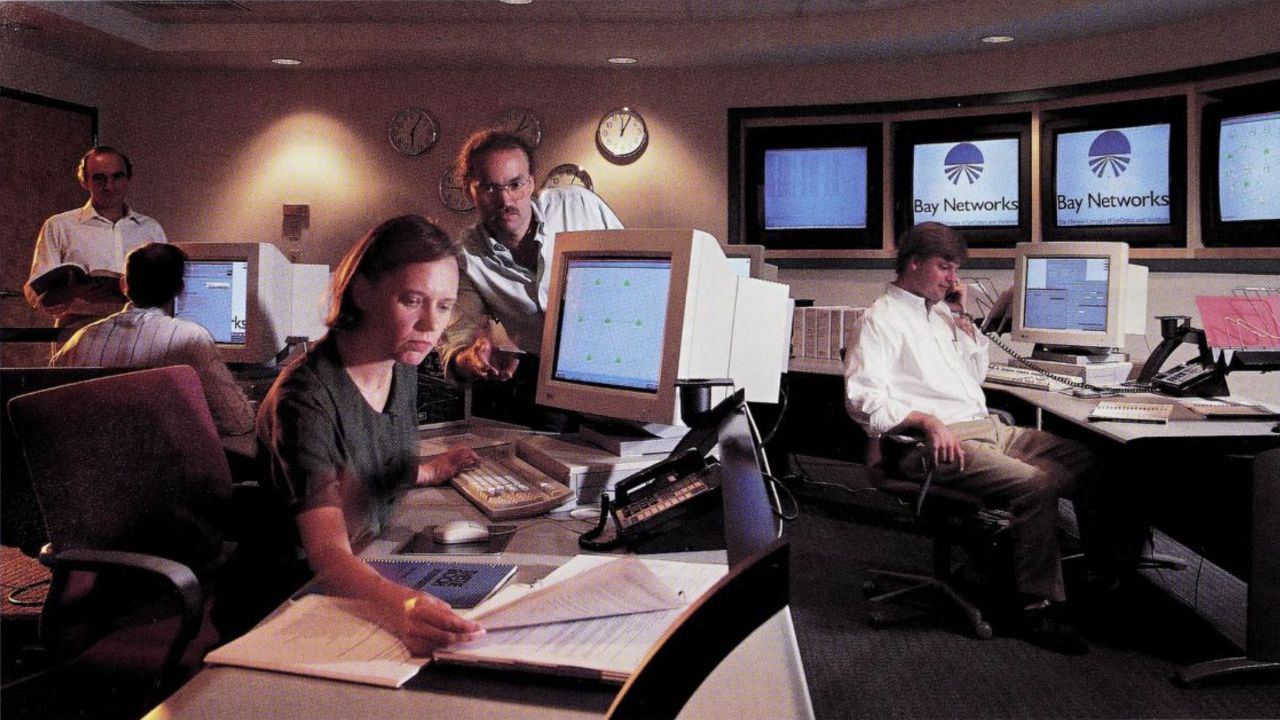
What the Internet Was Like in 1996
In 1996, the internet became an integral part of society. Web portals were all the rage, e-commerce matured, web designers got new tools (like CSS and Flash), and web applications began to appear.
-
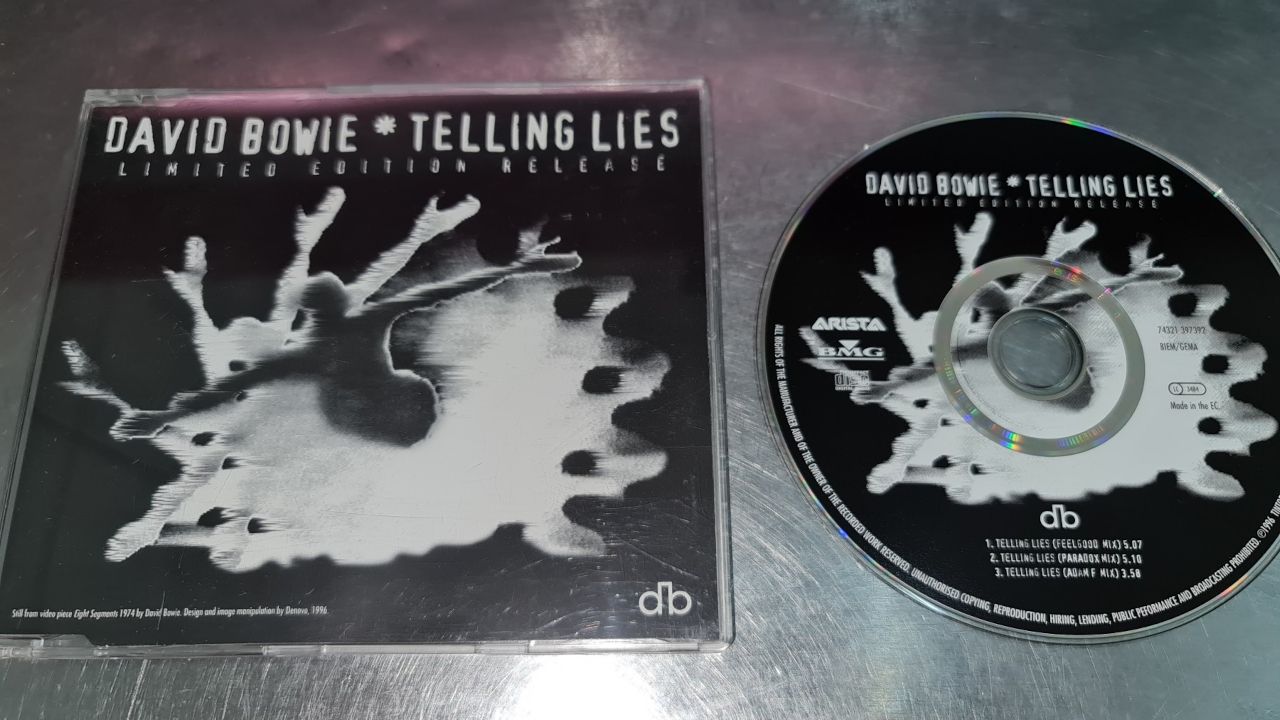
Telling Lies: Bowie and Online Music Distribution in 1996
Online music retail was thriving by 1996, thanks to sites like Music Boulevard and CDnow. But music downloads and streaming was more of a challenge — as David Bowie discovered in September 1996.
To explore Cybercultural's archive of internet history articles, you can browse by internet era:
- Pre-web (1960s-80s)
- Dot-com (1990-2003)
- Web 2.0 (2004-2012)
- Enshittocene (2013-2021)
You can also read yearly reviews or search for a topic of interest.